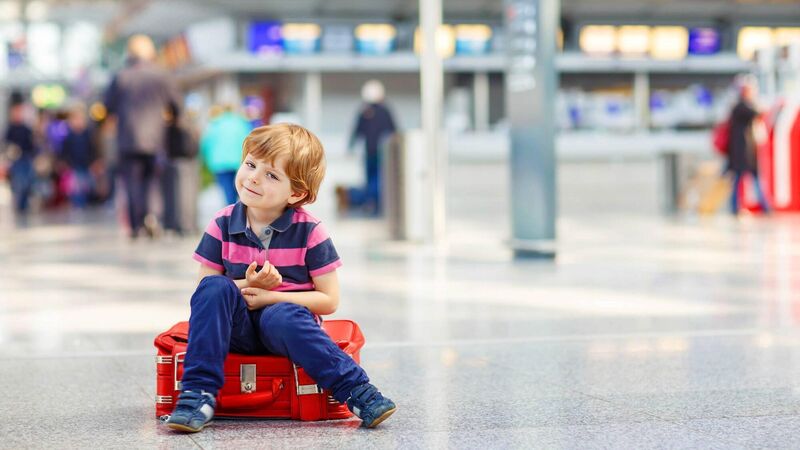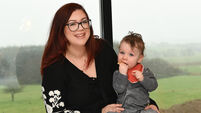Flying it: top tips for eating healthily with family on holiday

Travelling with children can be less stressful if you get basics — such as sleep and snacks — right
Going on holidays with your family is a wonderful experience. It can also be a stimulating, invigorating, challenging — and, yes, testing — time, especially when the kids are young. While breaks away with children aren’t necessarily relaxing, that change of location, the opportunity to spend time together making memories, is always, always worth it.
With family scattered all around the world, we’ve been travelling with our girls — now 11 and 14 — since they were two months old, catching ferries to Wales and France, overnight trains in Europe, and long-haul flights to their father’s New Zealand home. We’ve learned a lot, most importantly that food needs to be prioritised. When people get hungry — or the adults miss out on their morning coffee — there may be meltdowns (and that’s just me).










